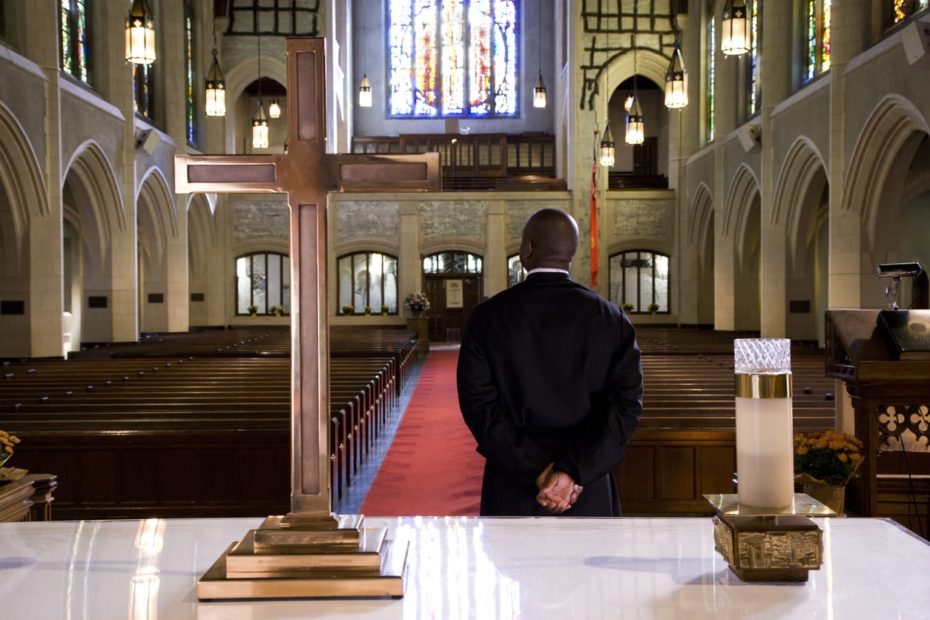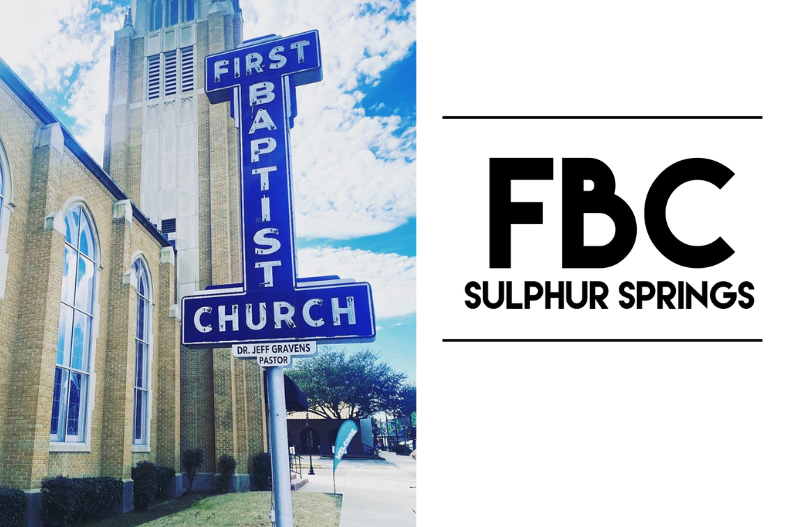What can we expect for our Church in 2022? It’s clear that our path forward cannot be a return to a culture of Christendom. While this shift was well underway for the past decade or more, the pandemic has pushed us into action. The words of Popes John Paul II, Benedict and Francis urge us to a New Evangelization and a “missionary impulse.” A synodal Church listens and responds. If we are to move forward in apostolic mission, then our parishes must be contextually relevant and adaptive while also faithful to the teachings of the Catholic church.
Wow. It’s time for prayer. And leadership.
For sure we need leadership from our Bishops and pastors. But we must also individually reflect on our own leadership and our role in support of our Church leaders. Above all, remember to place Jesus Christ at the center.
This is a good time to reflect on what it means to be a leader. Before getting into the new year, we can refresh our thinking about our role and values. How will you use your gifts and talents to help your parish spark the missionary impulse? How will you embrace a personal missionary impulse? And what values will form your behavior and your response to others? If you have not ever created a personal role and values statement, then consider doing one. It’s a great way to help focus yourself and clarify what you really want to do and be..
In his 2020 blog for the McGrath Institute at Notre Dame, Colin May uses the following definition of leadership, adapted from Dr. Gary Yukl, author of Leadership In Organizations:
“Leadership is the process of an individual to motivate, influence, and enable others to contribute toward the effectiveness and success of the team’s mission”
We can use this definition as we reflect on scripture and the model of leadership demonstrated by Jesus:
- Self awareness and clarity of role and purpose (Mt 9:13)
- Serving others. Trusting in the Holy Spirit and empowering others to act. (Mt 25:21)
- Positive direction and movement. A vision and the influence and empowerment to achieve the vision (Luke 5:1-11)
- Inviting all to use their gifts and talents (1 Corinthians 12)
So what about us? Each of us has our own personality, strengths and weaknesses. Some of this is inherent to who we are and some of it is informed by our environment and our choices. The distinction becomes clearer when we think about examples of reactions we have altered because of our learned or proclaimed values.
Personality describes how we would react to a given circumstance or impulse, such as when someone makes a comment or your server brings you the wrong order at a restaurant. Each of us would naturally respond in different ways. It is our values that form our behavior and allow us to be in a respectful community. Our values help us to understand what we should do rather than what we naturally would do. Tools such as Myers-Briggs or DISC or others help us to understand our inherent personality. Our life experiences and values form our behaviors.
It’s not enough to just “have values.” Some of them might not serve us well! Learned values are based on our life experience and guidance from our parents. These are good to recognize. We can alter our behavior by proclaiming the values we want to live by (and then doing it of course!). These may be new and different from our learned values, and may add to or replace them. It’s also possible to have both individual and shared values.
I experienced a beautiful example of this recently when working with a diocese. The Bishop was concerned about increasing division among his priests and with their parishioners.The Bishop recognized that personal opinions and viewpoints were being brought into parish ministry. Rather than talk about divisiveness, the Bishop chose to do a retreat on leadership and shared values, which shed light on what was happening and provided a path forward through values which informed behavior.
In preparation for the new year, think about what values are important for your role(s). If you are a parish leader or clergy, then this would be your role in the parish. (A subject for another blog is about the Pastor and leadership team providing a clear definition of parish staff and volunteer roles and how they relate to each other). As a lay person you may have values for your profession, home and parish. For this exercise, use your role in your parish and as a person of faith.
Employers often look for values such as motivation, honesty and integrity. These are certainly important and necessary. The Catholic Church has 7 values of social teaching, for example call to family and communion, caring for the poor, care for God’s creation, and dignity of the person. Consider a few others that might not come as readily to mind:
Prudence: The ability to govern and discipline oneself through the use of reason
Charity: (also a virtue) The capacity to receive the power of Jesus’ love and self-giving
Humility: A disposition to be humble. Without false pride
Gratitude: Readiness to show appreciation for and return the kindness of others
Along with your values, create a role statement structured as: “In my role as (title) I will use my gifts of x and y to (do something) for the purpose of (something). Then list your values and how they will help you in this role.
2022 will be a time of listening for our Catholic Church. It’s up to us to determine if we install synodality as the new norm. It’s up to us to choose to move boldly in apostolic mission and relevance, to invite people into our community, or to close ourselves to change. Our ability to lead will help us to choose our path and our trust in Christ will take us there. Jesus, I trust in You!
Terry Poplava is a multi-disciplined executive with extensive sales, product marketing, strategy and leadership experience in supporting faith organizations. Terry’s professional experience includes organizational leadership, corporate development and growth, consulting with and training church leaders, and leading strategic and priority planning for churches and dioceses. He currently serves on the advisory board for the National Shrine of Our Lady of La Leche in St. Augustine FL, as cantor at St. Andrew parish in Myrtle Beach, SC. and recently as Chairman of the Finance Council at St. Mary the Virgin Mother parish in Hartsville, SC.




